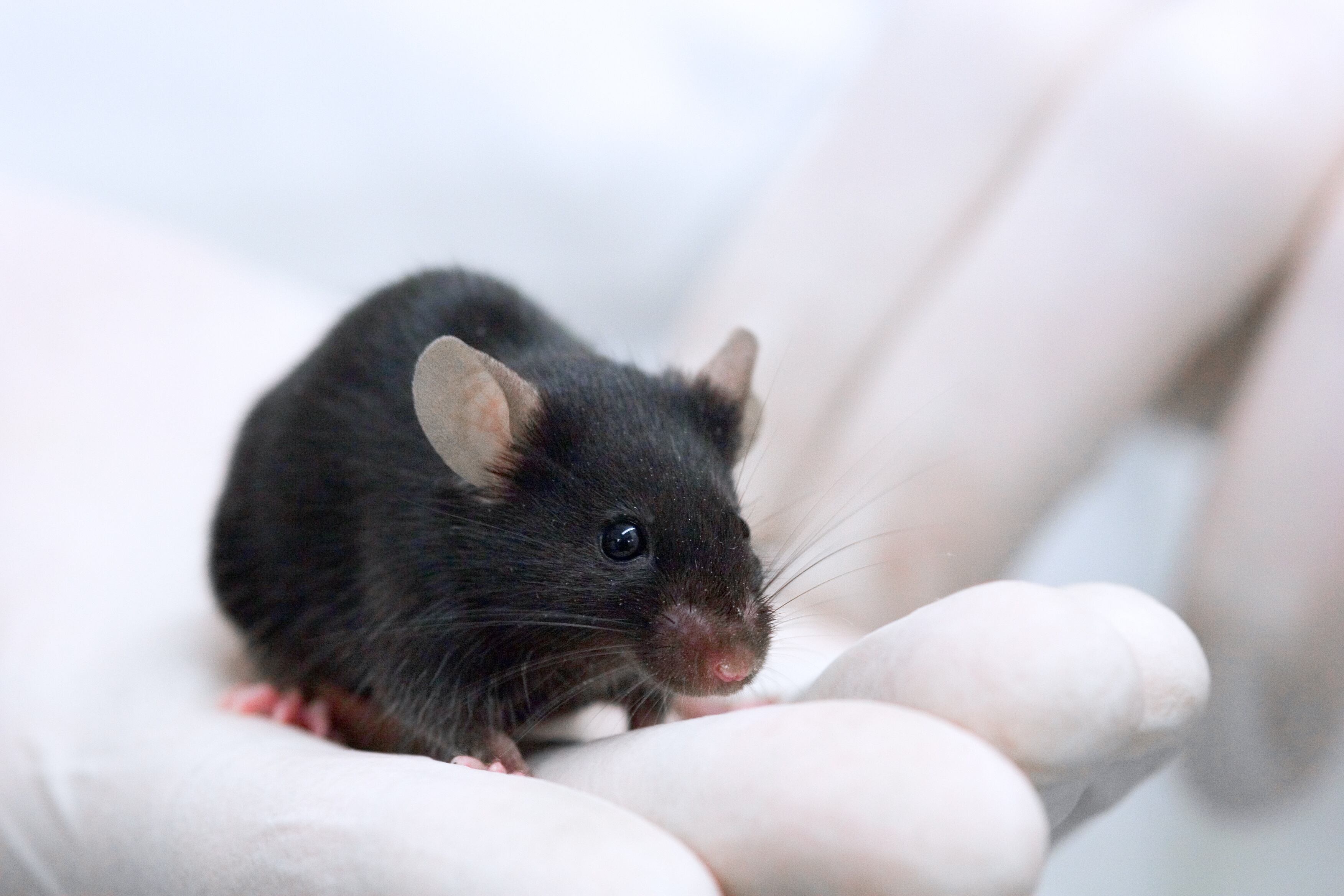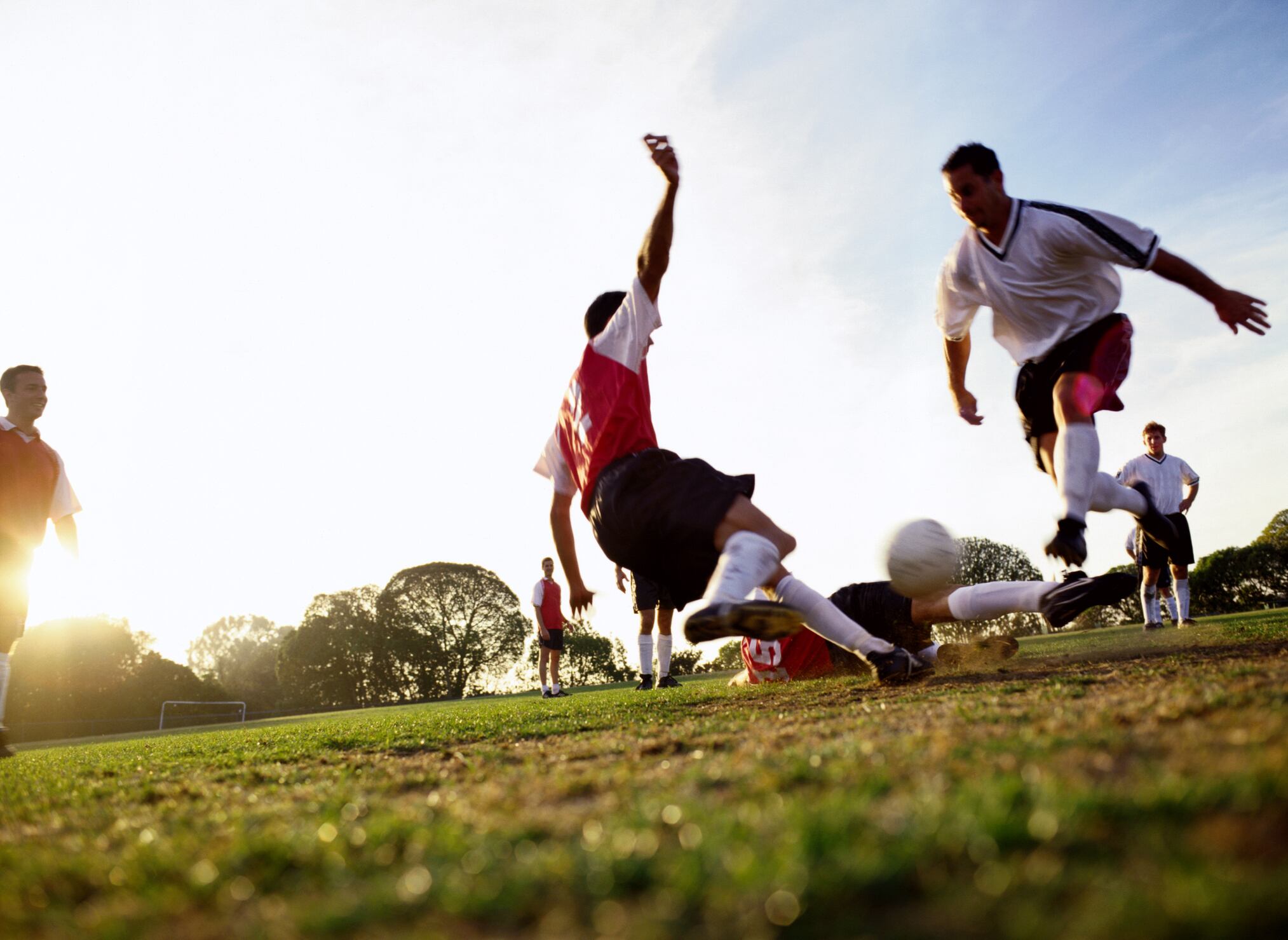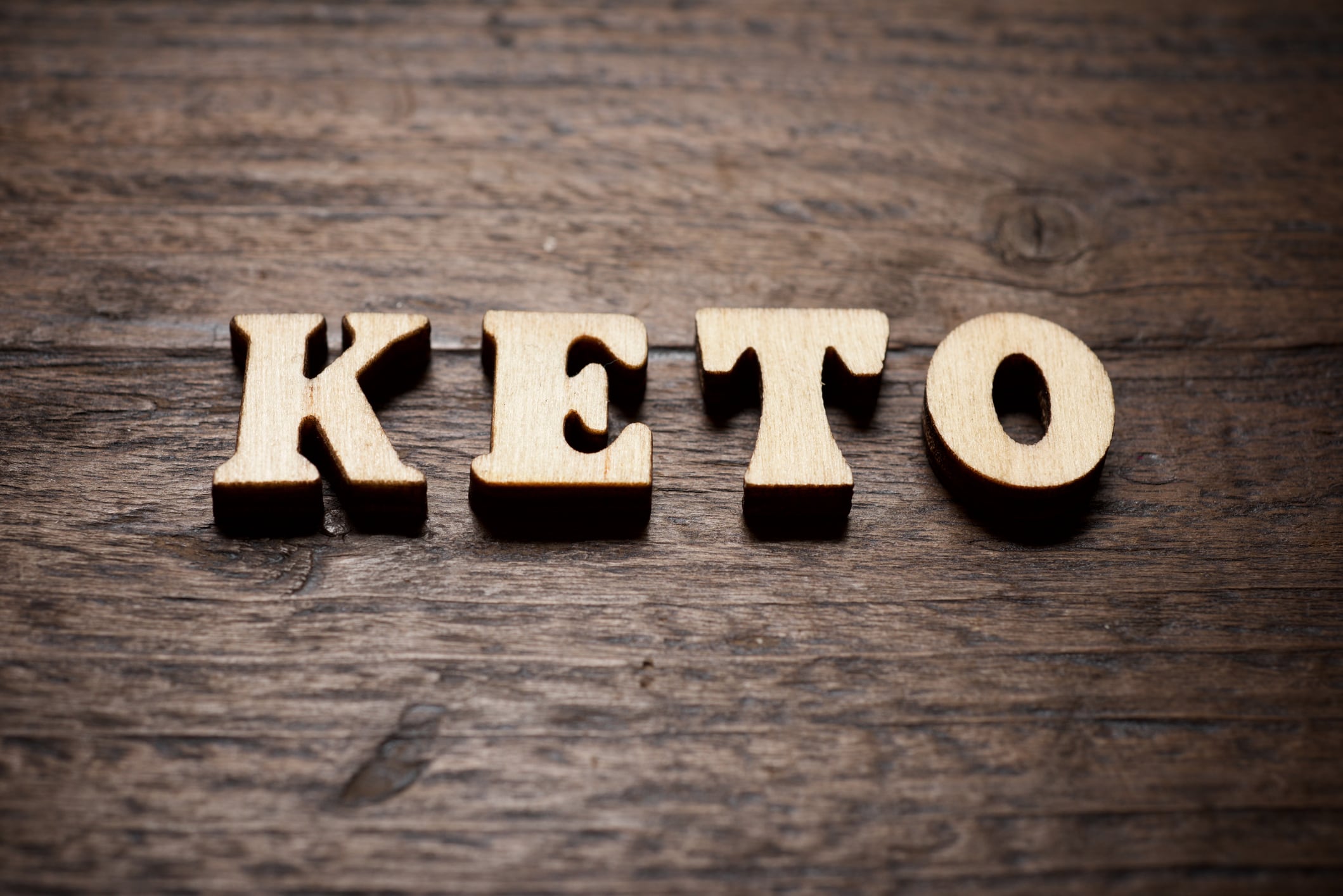Writing in the Journal of Applied Physiology, scientists from KU Leuven reported that supplementation with 3-hydroxybutyl-3-hydroxybutyrate was also associated with improved postexercise muscular inflammation in recreational runners participating in a 100 km trail run.
The study, which used a commercial ketone ester product from Virginia-based KetoneAid Inc., is said to be the first to show that ketone ester consumption may boost plasma dopamine levels, stated the scientists, led by Chiel Poffé from KU Leuven’s Exercise Physiology Research Group in its Department of Movement Sciences.
“However, plasma dopamine concentrations do not consistently mirror dopamine concentrations in the brain because dopamine does not cross the blood-brain barrier,” they wrote. “In this regard it is important to mention that dopamine receptors are also abundant outside the central nervous system, a.o. in the heart, the coronary and pulmonary arteries, and skeletal muscle.
“These peripheral effects of dopamine provide additional mechanisms by which exogenous ketosis could beneficially impact skeletal muscle in the context of exercise and training.”
Commenting on the new study, Frank Llosa, CEO of KetoneAid, told NutraIngredients-USA: "We are excited to see these results, as they are consistent with what we have seen with our athletes, albeit the trial used significantly higher amounts. Time will tell what the minimal and optimal dosing strategy is."
Ketone esters
The study supports other cognitive health benefits linked to ketone ester supplements. For example, Canada-based scientists reported last year that a single 25-gram dose of a ketone monoester supplement led to better reaction times following a 45-minute simulated soccer match, compared to placebo.
That study, performed by scientists from the University of Western Ontario, used the commercial supplement called ΔG ketone performance marketed by Orlandom, FL-based TdeltaS Global.
“These data suggest that [ketone monoester] supplementation can attenuate the decline in some aspects of cognitive function during sports characterized by repeated, intense, intermittent exercise,” they concluded.
The new study recruited 18 recreational runners and randomly assigned to one of two groups: Placebo or the ketone ester. The ketone ester group received 25 grams before the trail run and then 25 grams per hour during the run, and then the same dose five times over the next 24 hours. The noncaloric placebo followed the same schedule.
Poffé told us that the dose was selected after a pilot test revealed that this dose would produce blood beta-hydroxybutyrate levels of 2 to 4 mmol/l.
Key findings
Blood samples revealed that plasma dopamine levels doubled in the ketone ester group during the run, but levels remained stable in the placebo group. This led to significantly higher dopamine levels post-run for the ketone ester group.
Measures of mental alertness before, during, and up to 36 hours after the run showed that the placebo group experienced slower visual reaction times and movement execution times, but these detrimental changes were “fully negated by ketone ester”.
Commenting on the significance of their study, the researchers noted: “Oral ketone ester ingestion elevates circulating dopamine concentration during ultra-endurance exercise. This is associated with improved mental alertness.
“Furthermore, ketone ester intake inhibits post-exercise skeletal muscle macrophage infiltration, and counteracts the increase in AMPK phosphorylation after exercise, which indicates improved muscular energy status.”
What’s next?
Poffé confirmed to NutraIngredients that the research team is planning a follow-up in cyclists, and maybe triathletes.
Source: Journal of Applied Physiology
Published online ahead or print, doi: 10.1152/japplphysiol.00791.2022
“Exogenous ketosis increases circulating dopamine concentration and maintains mental alertness in ultra-endurance exercise”
Authors: C. Poffé, et al.





